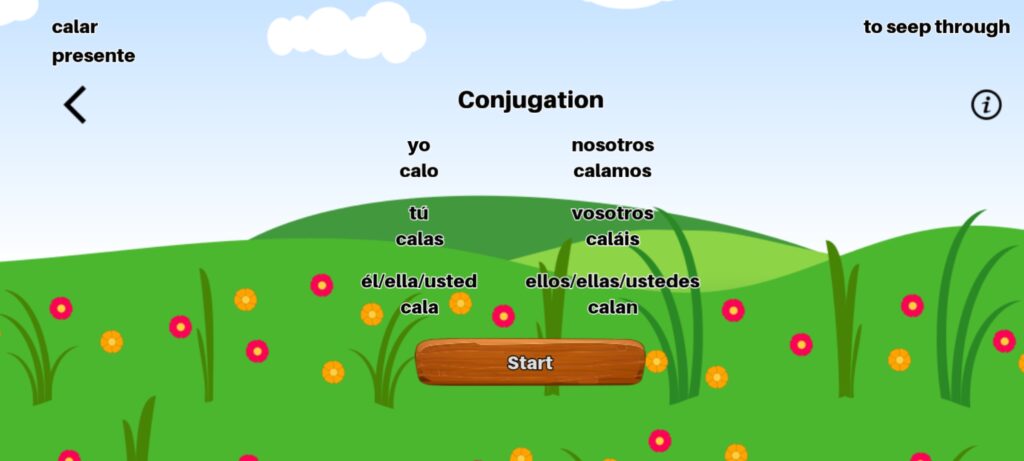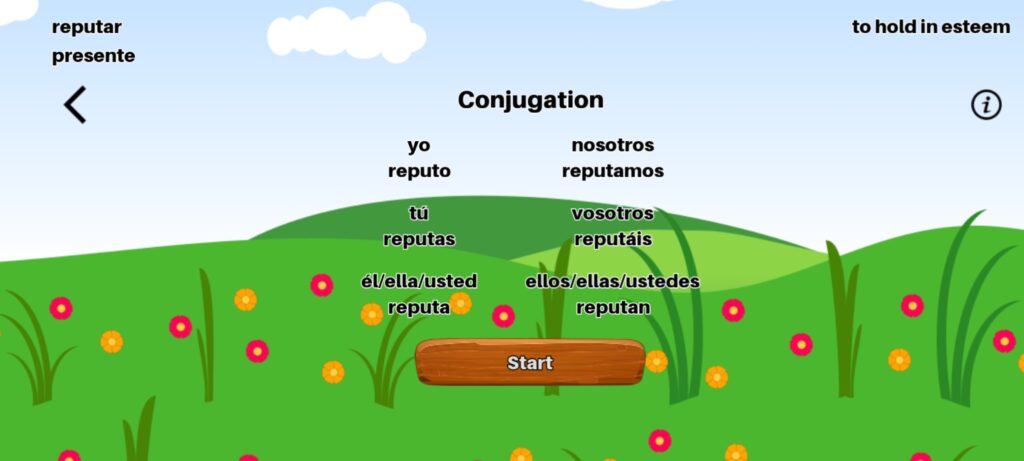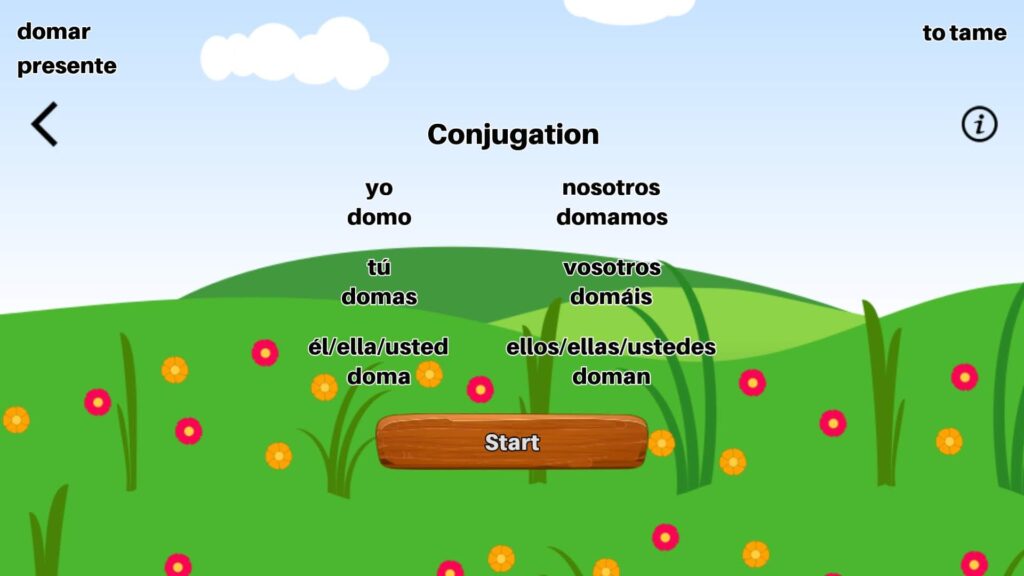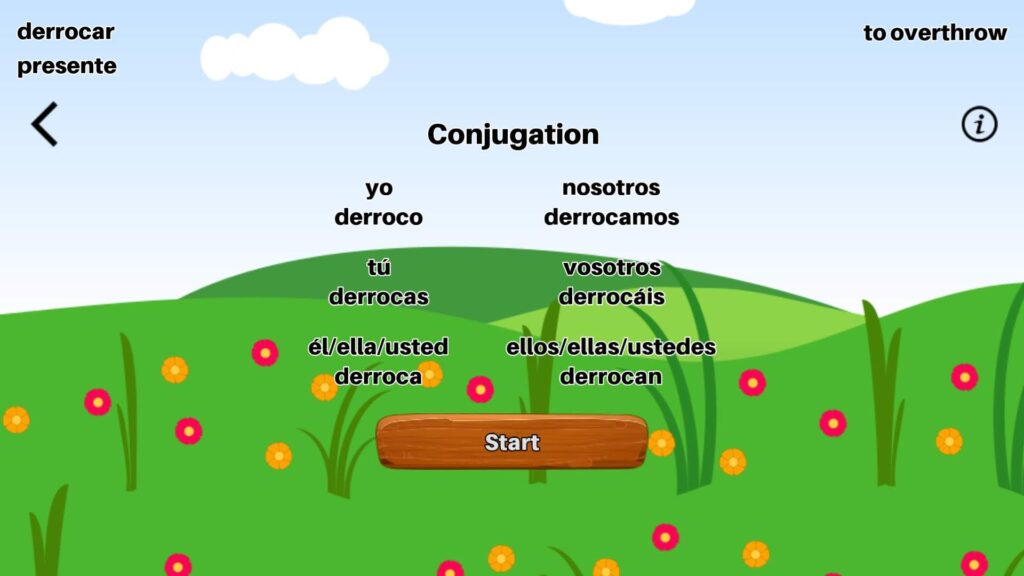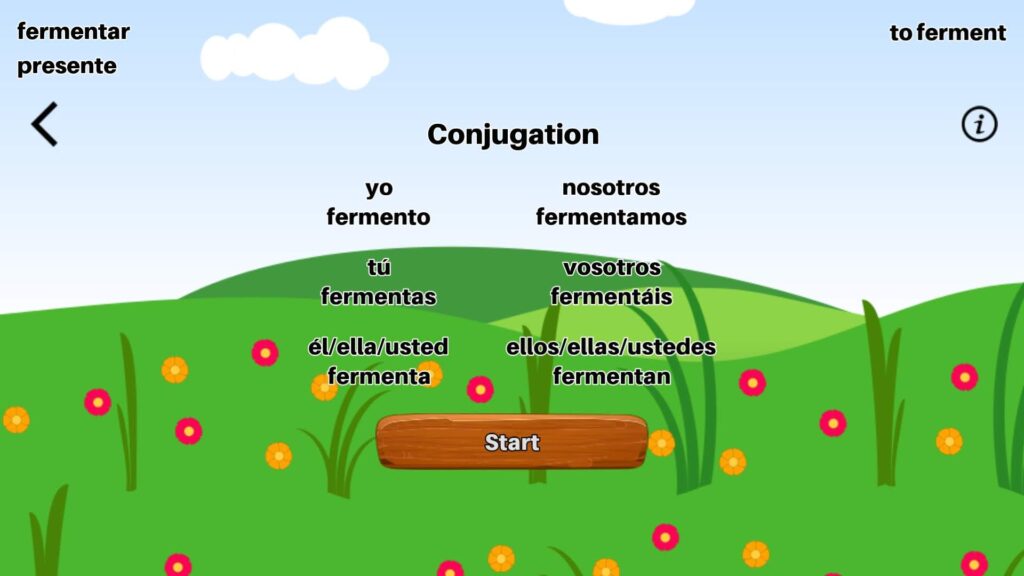Hola, Conjugation Champions!
Welcome to today’s edition of your daily Spanish conjugation blog! Today’s verb is confrontar, which means “to confront.” This verb is essential for expressing the act of facing challenges, conflicts, or difficult situations head-on. Let’s dive into its conjugation, uses, and some practical tips to master it.
Definition and Meaning
Confrontar: To confront, to face up to and deal with a problem or difficult situation.
Example: Es importante confrontar los problemas directamente. (It’s important to confront problems directly.)
Present Tense Conjugation

Usage Tips
- Facing Challenges: Use “confrontar” when discussing dealing with problems or difficult situations directly.
- Conflict Resolution: Perfect for describing how you handle disputes or conflicts by addressing them head-on.
- Pronunciation: Stress the second “o”: con-FRON-tar.
Sentence Practice
- Present Tense: Confronto mis miedos todos los días. (I confront my fears every day.)
- Preterite Tense: Confrontamos la situación con valentía. (We confronted the situation with bravery.)
- Imperfect Tense: Siempre confrontaban los desafíos juntos. (They always confronted challenges together.)
Quiz of the Day
Translate the following sentences into Spanish using “confrontar”:
- She needs to confront her past.
- They will confront the issue at the meeting.
- We must confront the truth.
(Answers at the bottom of this post!)
Keep confronting, keep learning, and keep refining those Spanish skills! Every verb you master brings you one step closer to fluency. ¡Hasta mañana!
Stay tuned for tomorrow’s verb and enjoy your day!
Saludos,
Daniela from the DOMA Games team
Answers to Quiz
- Ella necesita confrontar su pasado.
- Confrontarán el problema en la reunión.
- Debemos confrontar la verdad.





